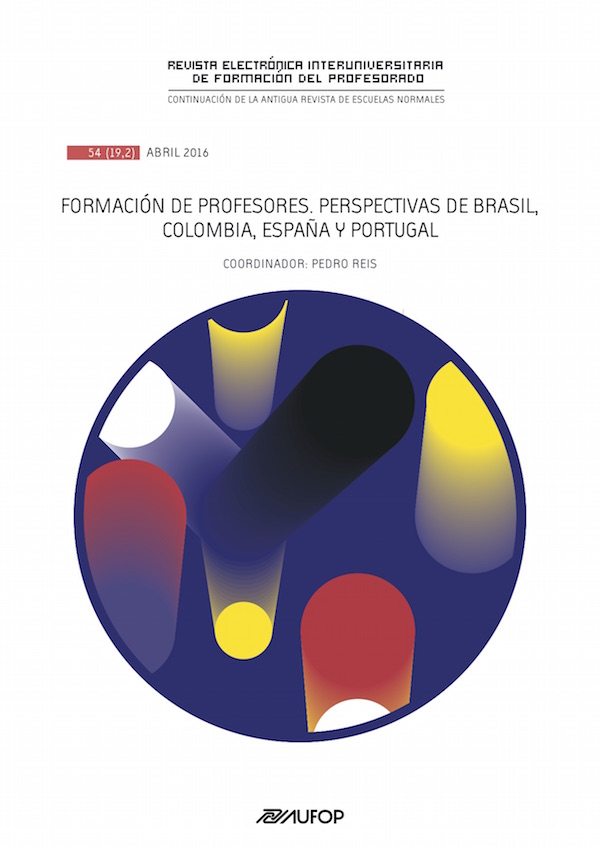The training of Science teachers from the perspective of Human Rights Education: along the path of a cordial reason
Abstract
This article gives a reflection on the training of Science teachers (Chemistry, Physics and Biology) from the perspective of Human Rights Education. Based on the observation of our current context - marked by migration, communication and the intensification of movements that bring to the school context the struggle for articulation of differences in the search for equality - we believe that an education that does not valorise the plurality as essential for democracy and social justice is untenable. The schools ideal of “all” is not possible if the differences are not respected and they have representation in the school routine. Thus, our article is divided into four sections: the first will highlight the relationship between Science Education (CE) and Human Rights Education (HRE), while the second one will seek to develop the concept of friendly knowledge from the Ethics Cordial Reason philosopher Adela Cortina; the third section will focus on the model of teacher training as "sociocultural and political agents" and the educational workshops on human rights, and the fourth section will bring some final reflections of the article and future research proposals.
Downloads
-
Abstract427
-
PDF (Español (España))227
Los artículos que se publican en esta revista están sujetos a los siguientes términos:
1. El Departamento de Métodos de Investigación y Diagnóstico en Educación de la Universidad de Murcia (España), junto con el Servicio de Publicaciones de la Universitdad de Murcia (Editum) son los editores de la revista REIFOP y conserva los derechos patrimoniales (copyright) de los artículos publicados, permitiendo la reutilización de las mismos bajo la licencia de uso indicada en el punto 2.
2. Las obras se publican en la edición electrónica de la revista bajo una licencia Creative Commons Reconocimiento-NoComercial-SinObraDerivada 3.0 España (texto legal). Se pueden copiar, usar, difundir, transmitir y exponer públicamente, siempre que: i) se cite la autoría y la fuente original de su publicación (revista, editores y URL de la obra); ii) no se usen para fines comerciales; iii) se mencione la existencia y especificaciones de esta licencia de uso.
3. Condiciones de auto-archivo. Se permite y se anima a los autores a difundir electrónicamente las versiones pre-print (versión antes de ser evaluada) y/o post-print (versión evaluada y aceptada para su publicación) de sus obras antes de su publicación, ya que favorece su circulación y difusión más temprana y con ello un posible aumento en su citación y alcance entre la comunidad académica. Color RoMEO: verde.















